What do your fellow citizens fear most? Almost half of them – 49% – are most afraid of running out of money during retirement, a higher percentage than the 44% whose chief concern is failing health, according to a recent survey by Aegon Center for Longevity and other groups. What steps can you take to help ensure your money will last as long as you do? Here are a few suggestions:
- Estimate your longevity. None of us can say for sure how long we’ll live. However, you can make some educated guesses based on your health and family history. And once you do have at least a ballpark figure, you can then determine about how much money you may need to last the rest of your lifetime. A word of caution: It’s probably going to be more than you think. Health care costs alone can run into the hundreds of thousands, even with Medicare.
- Determine when you’ll retire. Your retirement age will have a big impact on how long your money can last. The longer you work, the more you can contribute to your retirement plans, such as your IRA and 401(k). Plus, if you have health insurance through work, you should be able to cover some of the out of pocket health care costs you’d normally have to pay if you’re retired.
- Invest as much as you can in your retirement. During your working years, contribute as much as you can afford to your IRA and your 401(k) or similar employer-sponsored retirement plan. And every time you get a raise, try to increase the amount you put into your employer’s plan.
- Protect yourself from long-term care costs. If you’re fortunate, you’ll never needany type of long-term care, such as an extended stay in a nursing home or the services of a home health care provider. Still, there are no guarantees, and long-term care expenses can be big enough to threaten your retirement savings. The average cost for a private room in a nursing home is about $100,000 per year, while a home health aide costs about $50,000 per year, according to the insurance company Genworth. Medicare typically pays just a small portion of these amounts, so you may want to purchase a long-term care insurance policy that will pay for qualified long-term care costs. Or you might consider a “hybrid” policy, which combines long-term care protection with life insurance. So, if you never needed long-term care, your hybrid policy would pay a death benefit to your beneficiary, but if you did need the care, your policy would pay benefits toward those expenses.
- Choose an appropriate withdrawal rate. During your retirement, you’ll need to withdraw money from your IRA, 401(k) and other retirement accounts. But you’ll want to avoid taking out too much each year, especially during the early years of your retirement. It’s important to establish an annual withdrawal rate that’s appropriate for your needs, taking into account your age, sources of income, lifestyle and other factors.
The thought of running out of money during retirement is scary indeed – but by making smart choices, you can go a long way toward alleviating this fear and enjoying your life as a retiree. This article was written by Edward Jones for use by your local Edward Jones Financial Advisor. Edward Jones. Member SIPC. Edward Jones is a licensed insurance producer in all states and Washington, D.C., through Edward D. Jones & Co., L.P. and in California, New Mexico and Massachusetts through Edward Jones Insurance Agency of California, L.L.C.; Edward Jones Insurance Agency of New Mexico, L.L.C.; and Edward Jones Insurance Agency of Massachusetts, L.L.C. Never miss a meeting or community event – keep an eye on the community calendar at https://www.thefallonpost.org/events/ If you like what we’re doing, please support our effort to provide local, independent news and contribute to The Fallon Post, your online news source for all things Fallon. 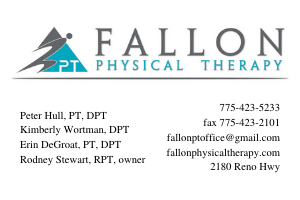

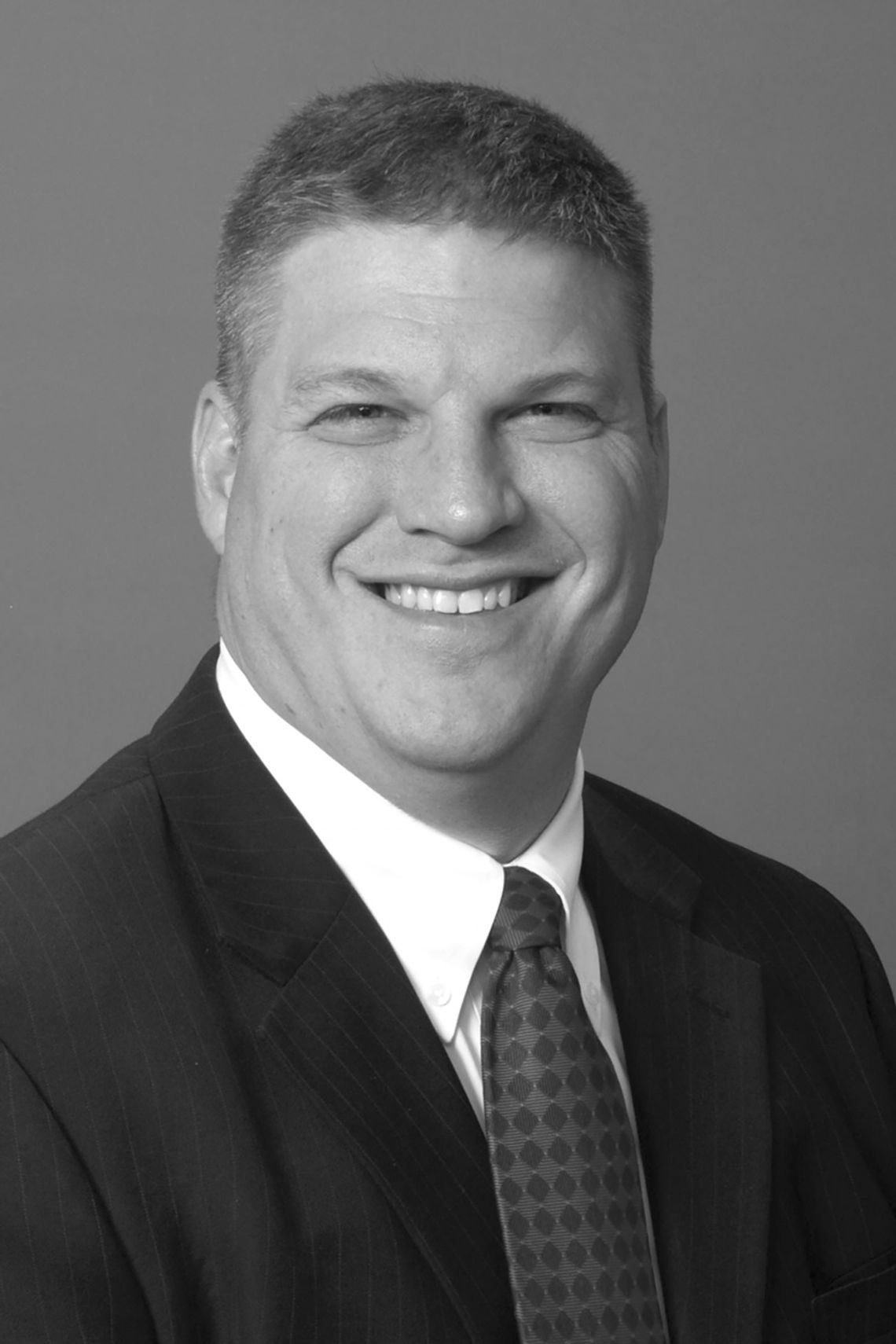
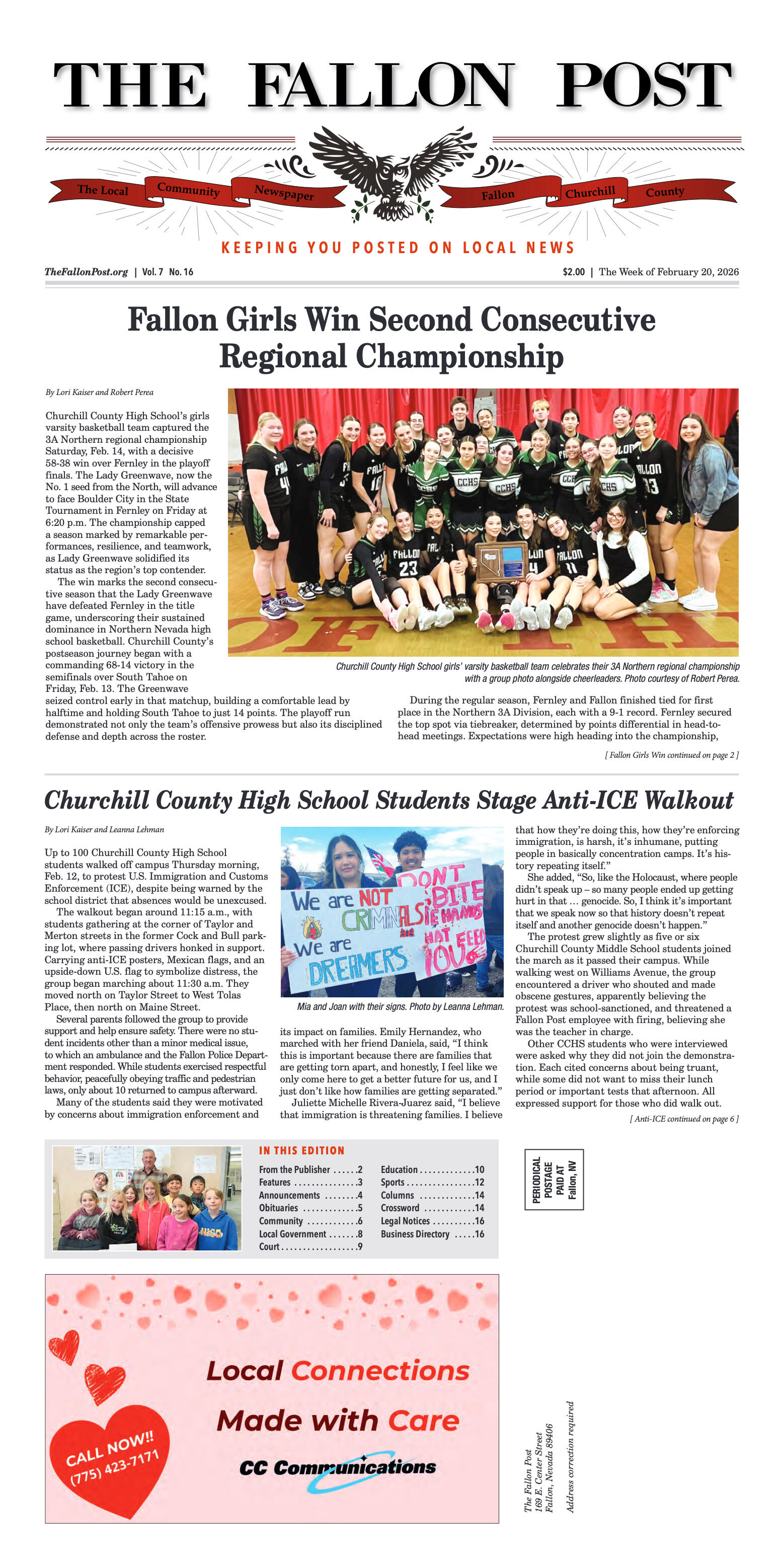
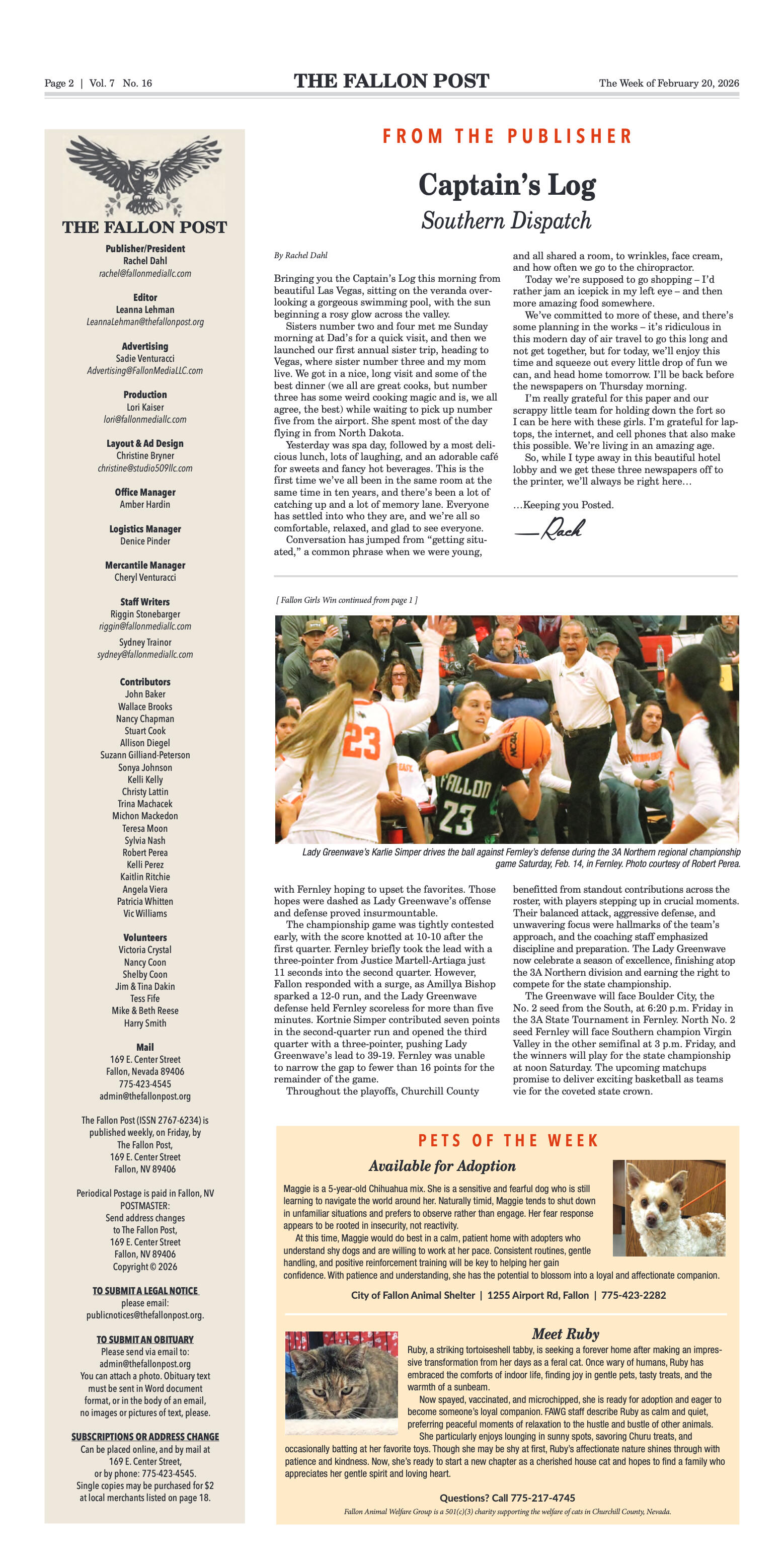

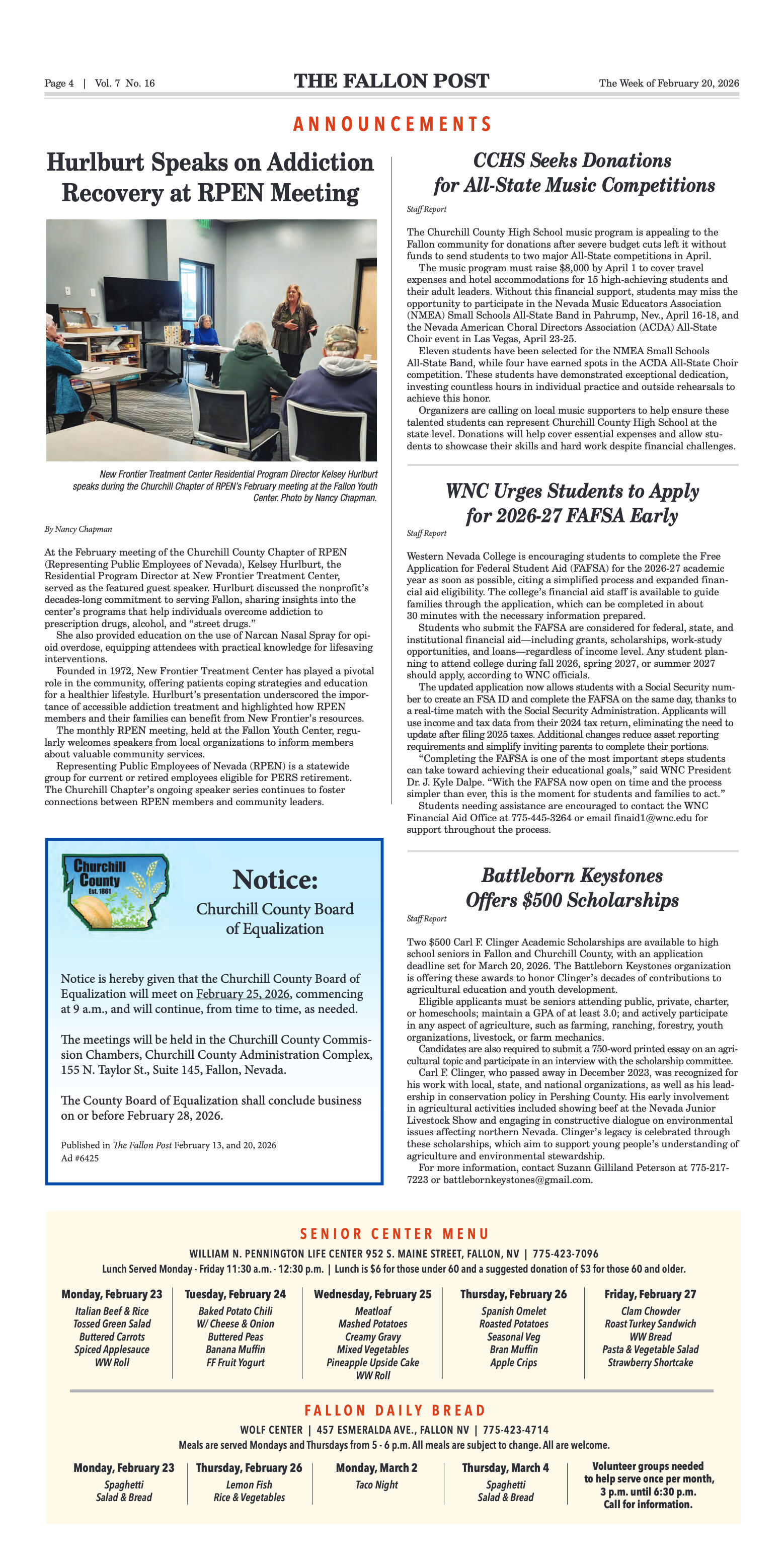
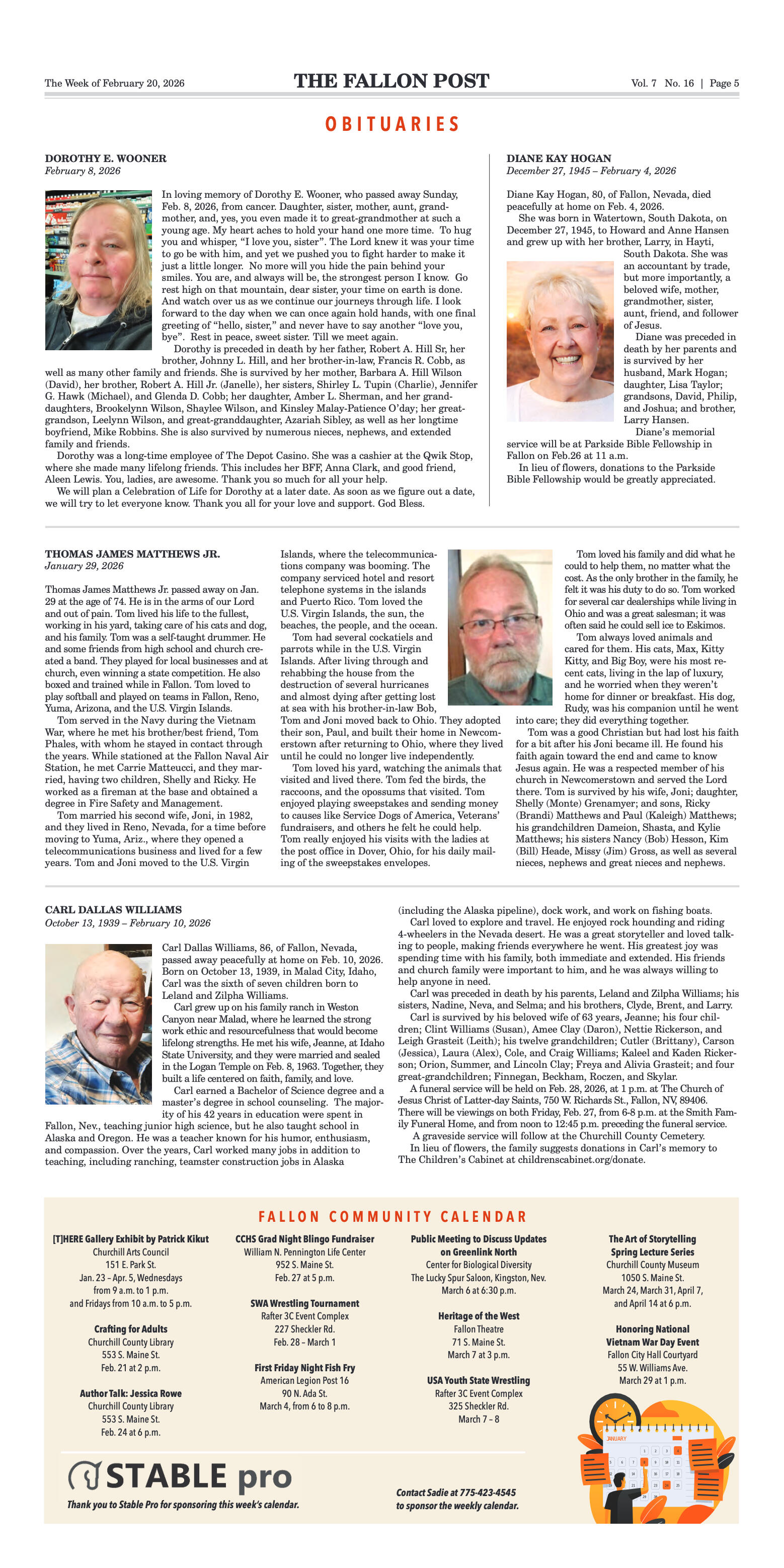
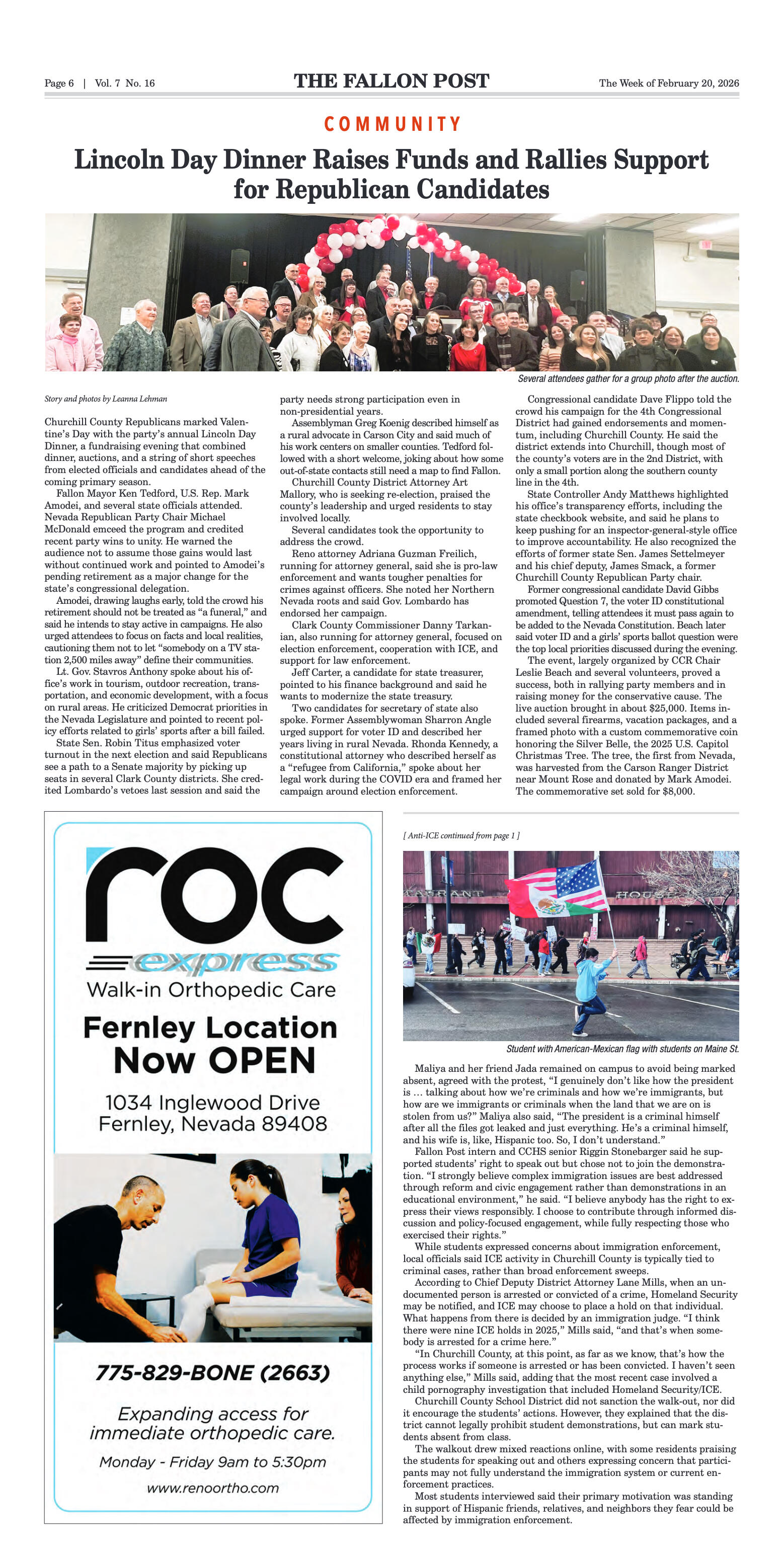
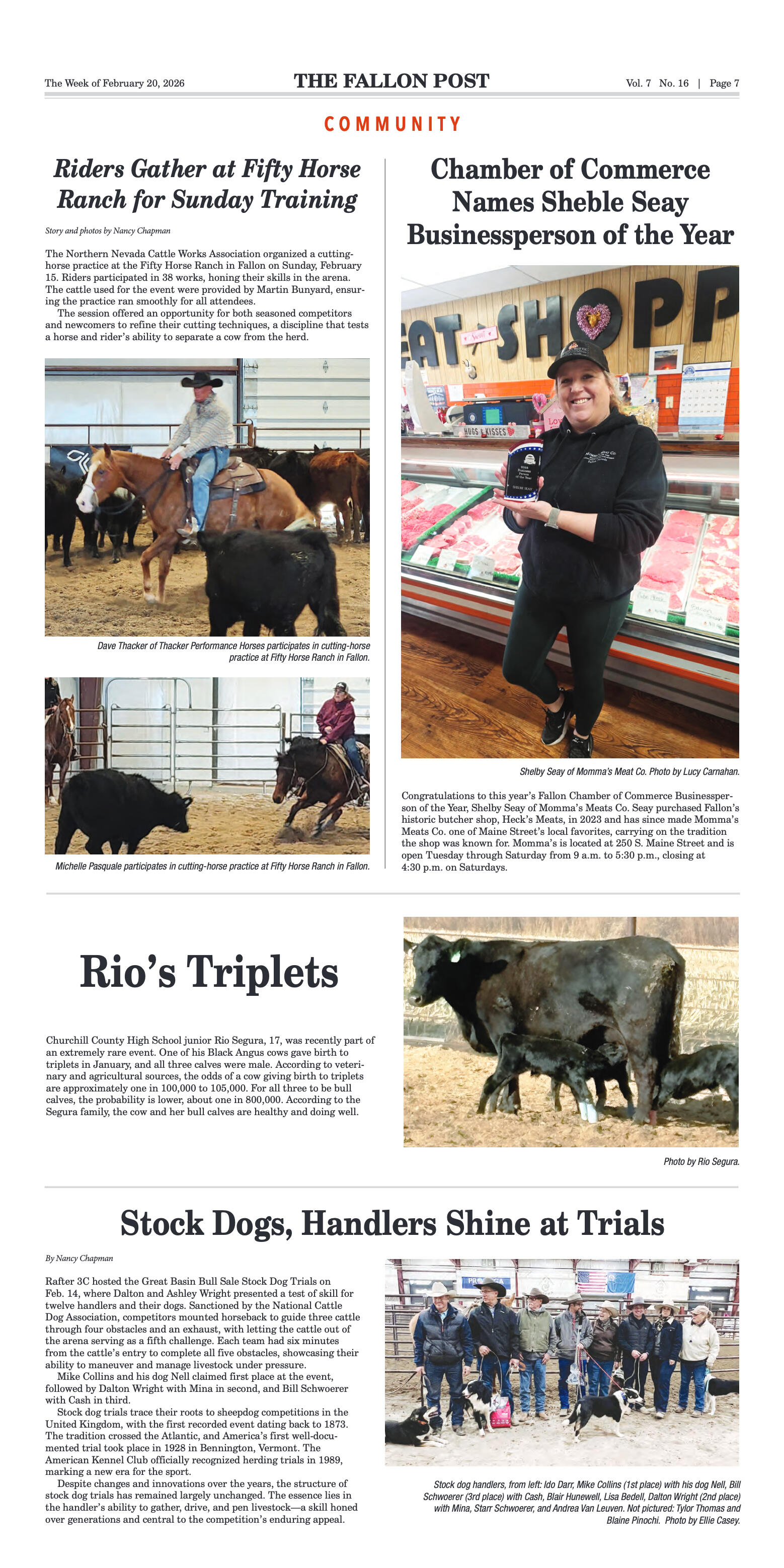
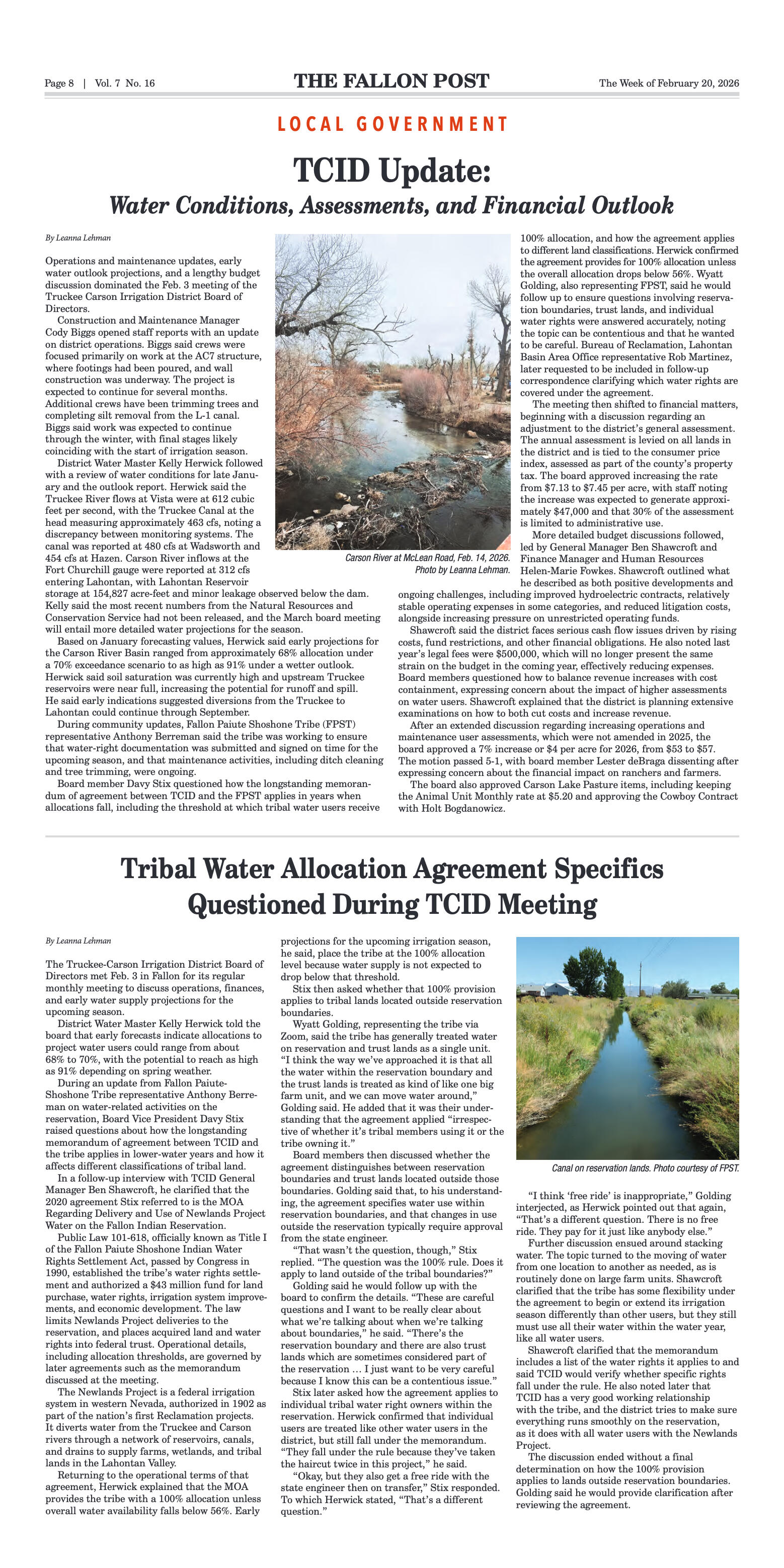
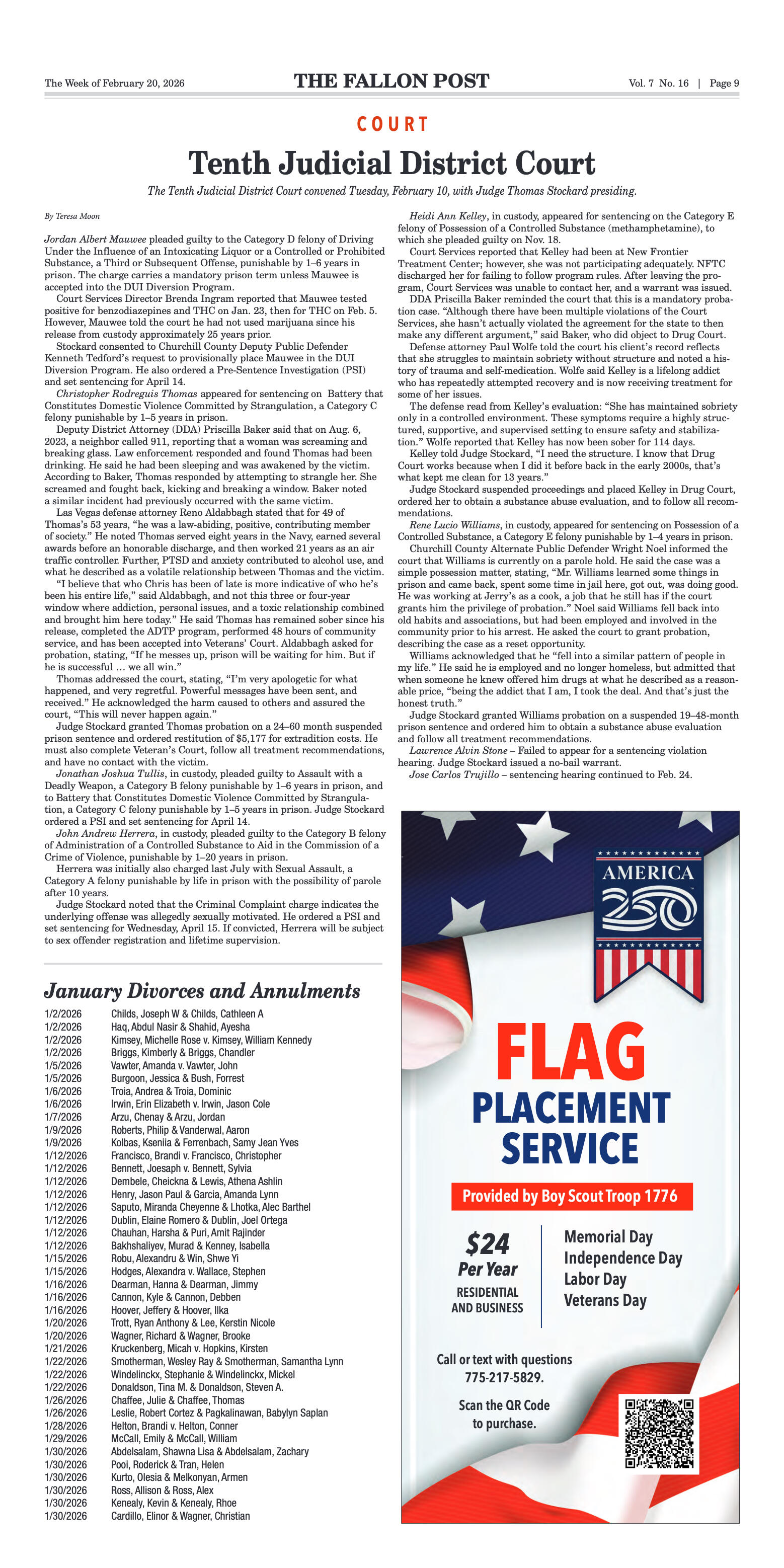






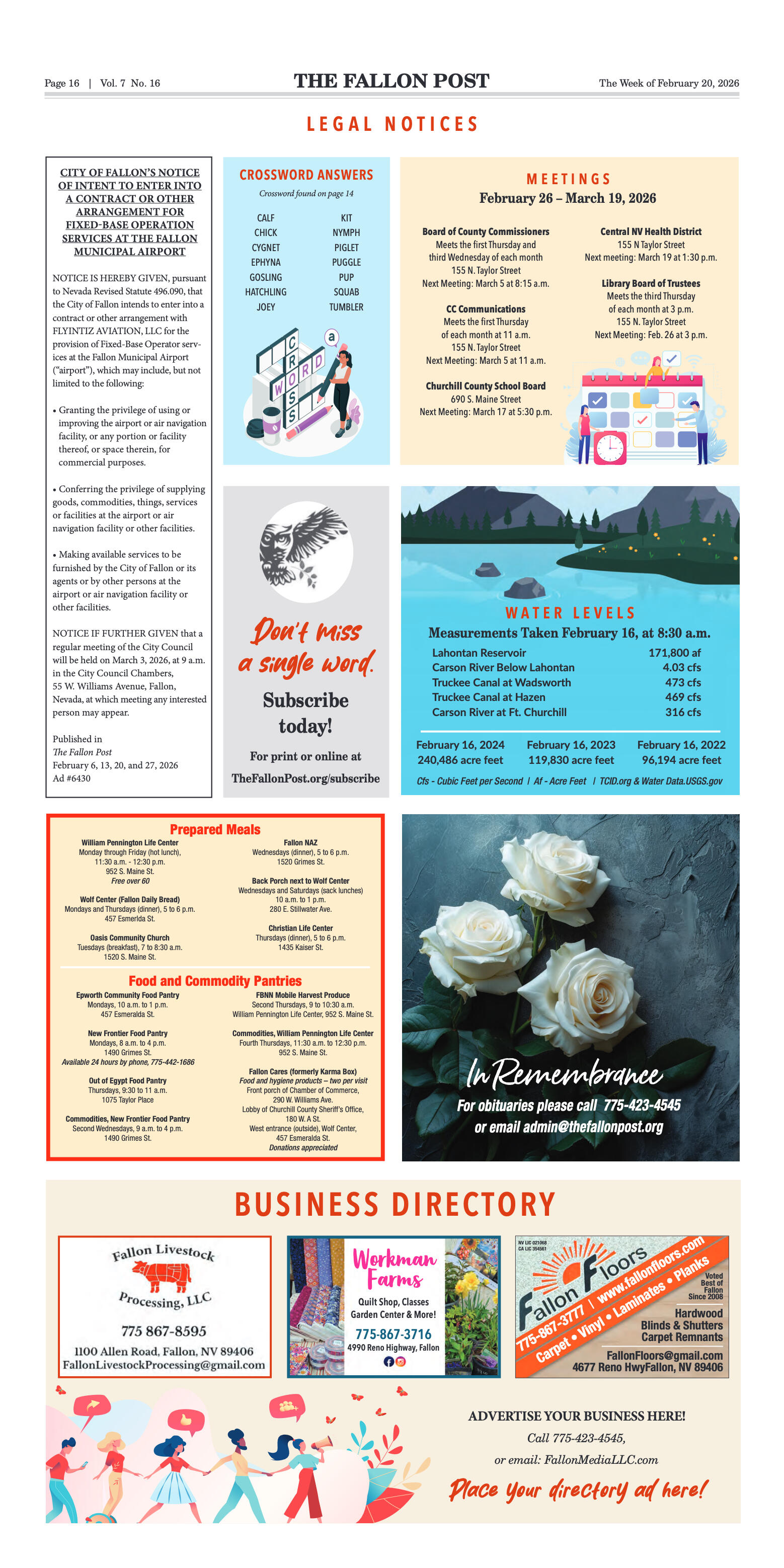


























Comment
Comments